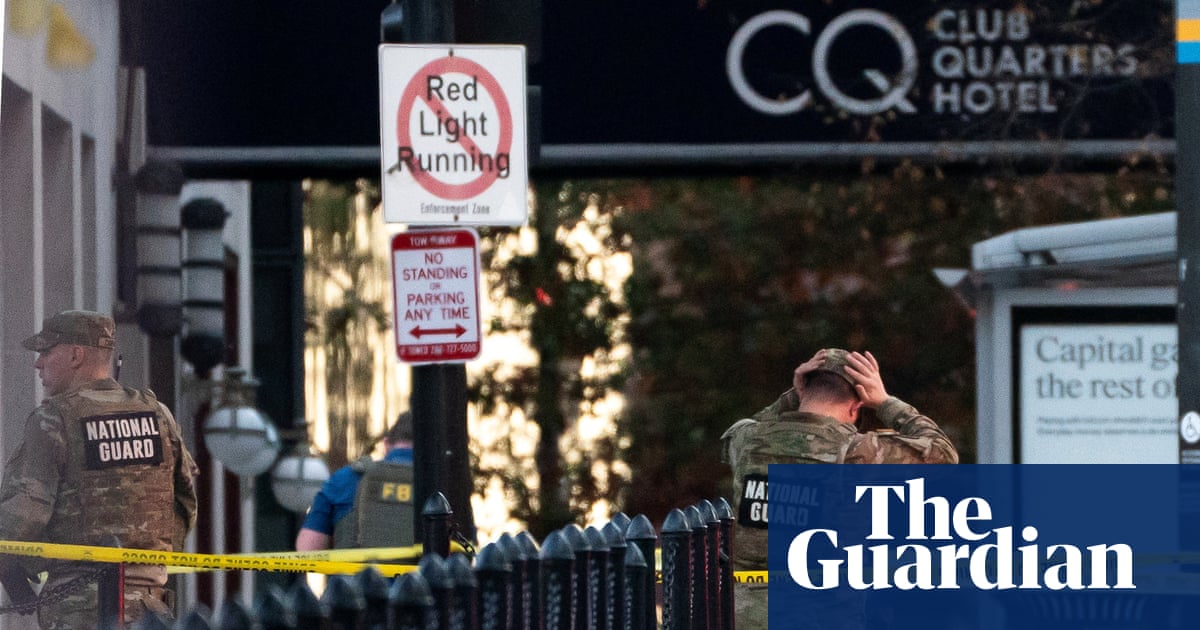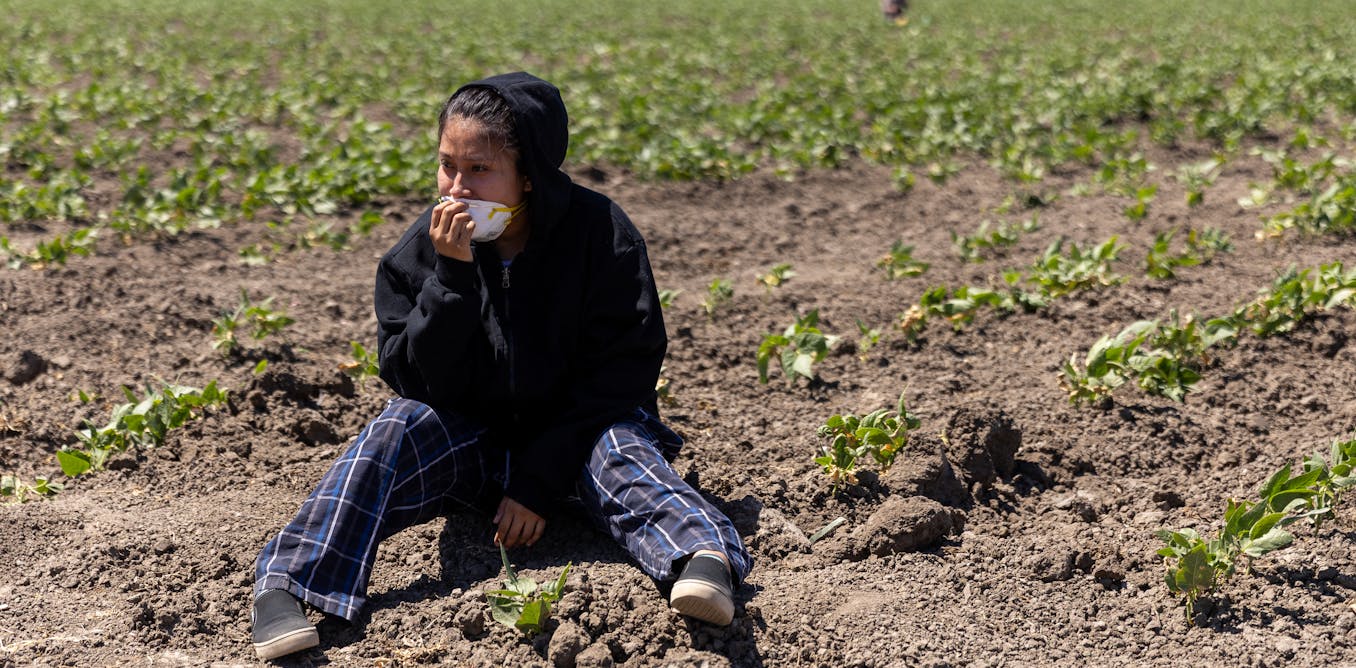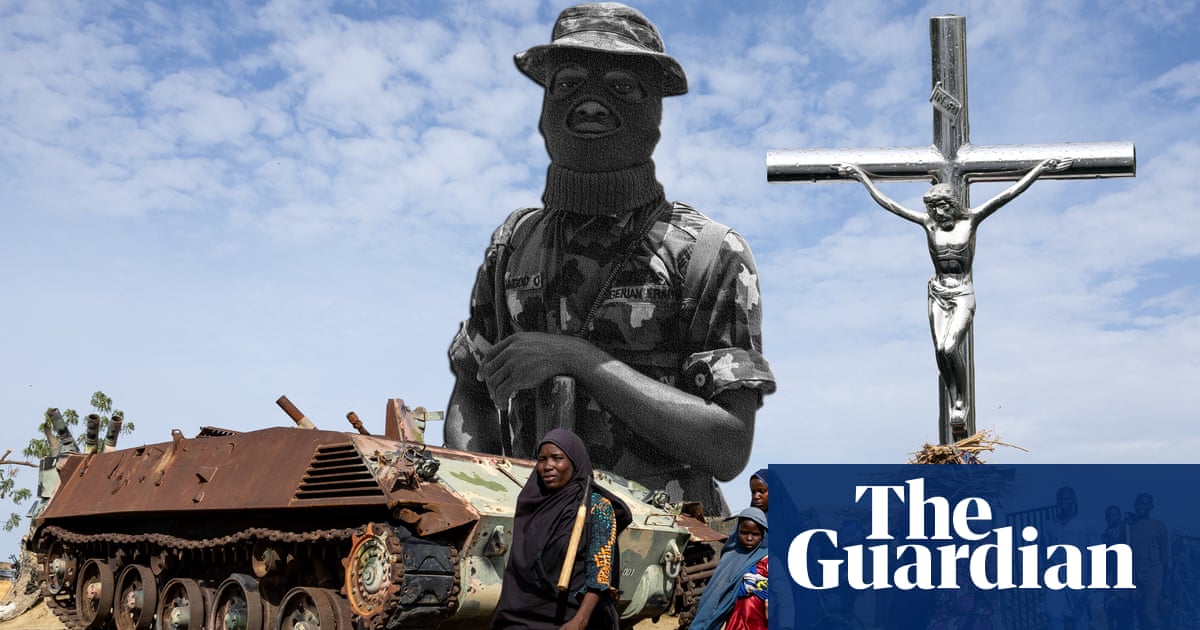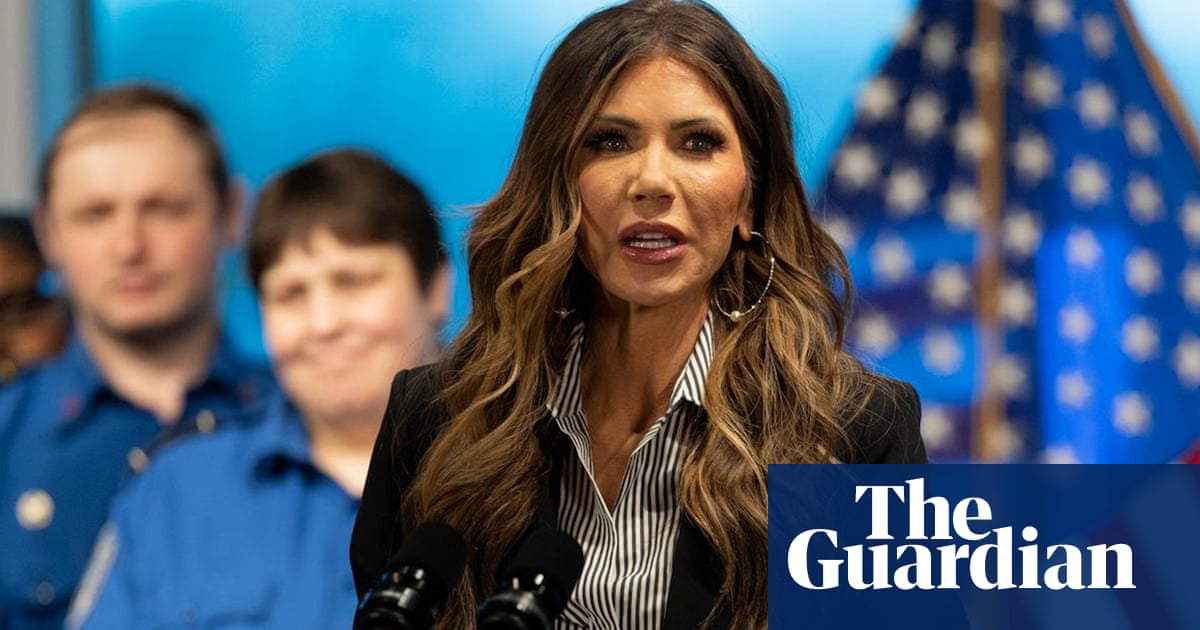ABUJA, Nigeria (AP) — The U.S. cannot unilaterally carry out any military operation in Nigeria over its claims of Christian persecution in the West African country, a Nigerian presidential spokesman told The Associated Press Sunday.
Such military threat from Donald Trump is based on misleading reports and appears to be part of “Trump’s style of going forceful in order to force a sit-down and have a conversation,” according to Daniel Bwala, a spokesman for Nigerian President Bola Tinubu.
Bwala was responding to Trump's comment on Saturday that he has ordered the Pentagon to begin planning for potential military action in Nigeria, Africa's most populous country, over alleged Christian persecution in the country.
Here are five things to know about the issue:
Trump's ‘guns blazing’ threat
Trump on Saturday doubled down on his allegations that the government is failing to rein in the persecution of Christians in the West African country, whose population of 220 million is split almost evenly between Christians and Muslims.
“If the Nigerian Government continues to allow the killing of Christians, the U.S.A. will immediately stop all aid and assistance to Nigeria, and may very well go into that now disgraced country, ‘guns-a-blazing,’ to completely wipe out the Islamic Terrorists who are committing these horrible atrocities,” Trump posted on social media.
Trump’s threat came after he designated Nigeria as a country of particular concern, a formal U.S. declaration of countries it says are failing to act over religious freedom violations.
The threat and designation came after U.S. Sen. Ted Cruz, a Republican member of the Senate Foreign Relations Committee, and some American celebrities alleged that Christians are being persecuted in Nigeria, without evidence. Some went as far as alleging a “Christian genocide."
The Associated Press found that both Christians and Muslims are killed in Nigeria’s security crises, and that victims are often determined by their locations and not due to their religion.
Nigeria denies Christians are persecuted
Cruz and Trump relied on old reports from more than a decade ago when Nigeria’s home-grown Boko Haram Islamic group launched an insurgency to enforce their brutal interpretation of Shariah law, said Bwala.
“When it comes to matters of military operation in Nigeria, this is a matter that two leaders have to agree on. It is not something unilaterally you can do especially since that country is a sovereign state and that country is not aiding and abating that (crime),” he said.
Tinubu has also rejected the designation and promised to work with the U.S. government and foreign partners ”to deepen cooperation on protection of communities of all faiths."
Joseph Hayab, a former chairman of the Christian Association of Nigeria in Kaduna state, also dismissed claims of Christians persecution being carried out.
Hayab, a pastor in a conflict hot spot, however, said the government needs to do more to secure lives in conflict-battered villages.
Christians and Muslims face violence
Nigeria has for many years struggled with deadly security crises, and the violence have affected both Christians and Muslims, each group making up almost half of the country's population.
The violence, which is mainly in northern Nigeria, is often perpetuated by Boko Haram insurgents and by armed gangs that authorities have said include mostly former herders who took up arms against farming communities after persistent clashes between herders and farmers.
“The crisis is far more complex than a simple religious framing suggests. The geography of violence largely determines who becomes the victim,” said Taiwo Hassan Adebayo, a researcher at the Institute of Security Studies.
Nigeria's military has carried out air strikes and special operations targeting the hideouts of the armed gangs. Tinubu also recently replaced the country's security chiefs as he seeks to bolster their operations.
'Massive state failure'
While some analysts have dismissed the claims of Christians being targeted in Nigeria, they said they government has failed to act decisively against armed groups.
“In too many cases, the perpetrators have gotten away with it, and the impunity is deeply indicative of massive state failure,” said Cheta Nwanze, a partner at the Lagos-based SBM Intelligence research firm.
Nigerian must step up action against insecurity to prevent the opportunity for external interference, said Taiwo Hassan. “The criticism and pressure from Washington did not happen in a vacuum. It’s a result of many years of failure."

 German (DE)
German (DE)  English (US)
English (US)  Spanish (ES)
Spanish (ES)  French (FR)
French (FR)  Hindi (IN)
Hindi (IN)  Italian (IT)
Italian (IT)  Russian (RU)
Russian (RU) 






















Comments